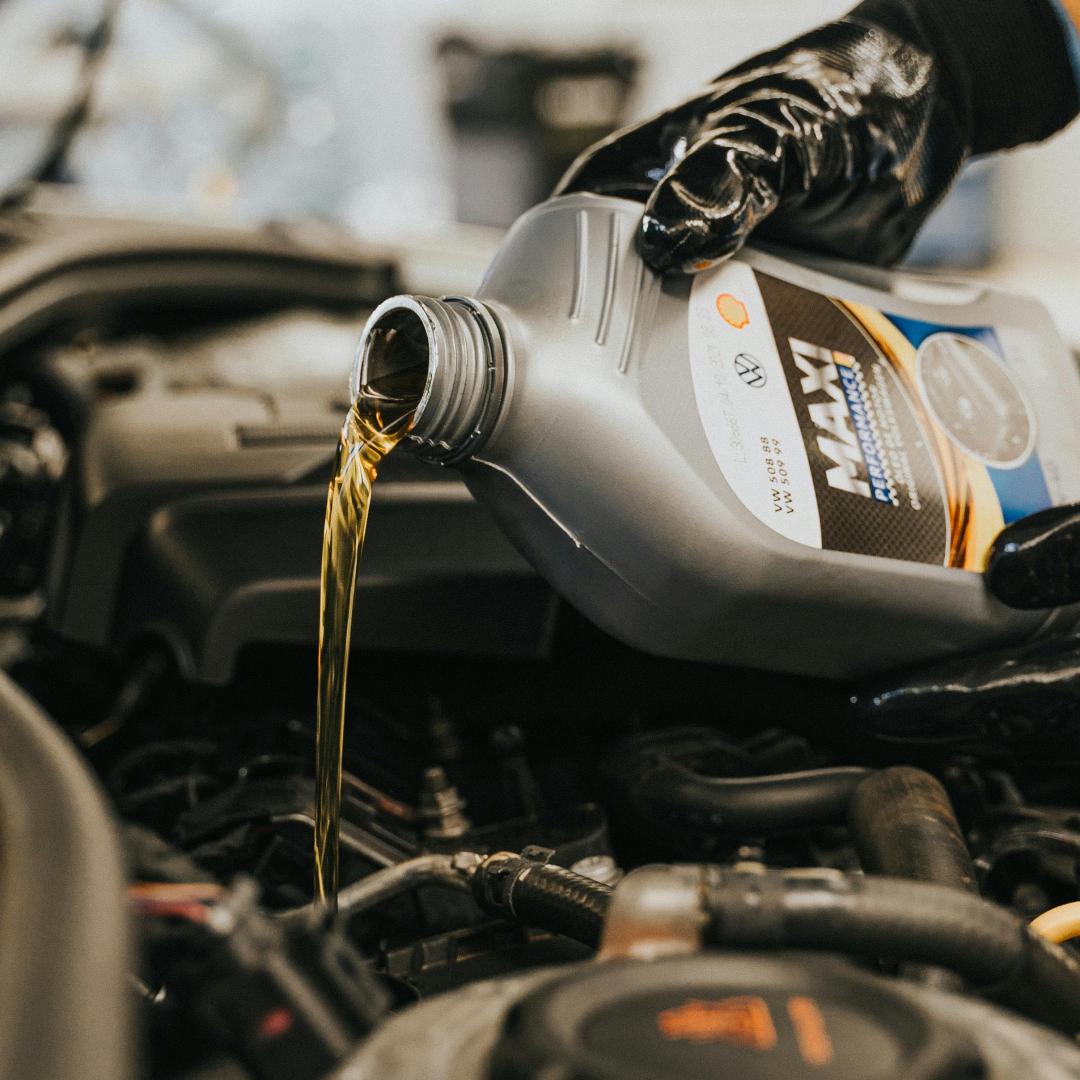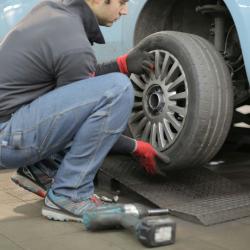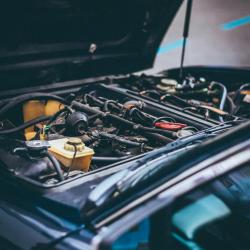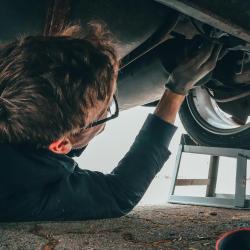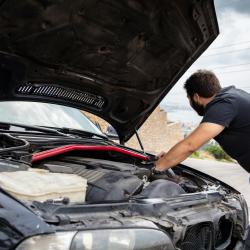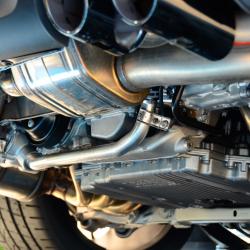The Importance of Regular Vehicle Maintenance for Driving Safety
In the complex ecosystem of daily transportation, the role of vehicle maintenance as a cornerstone of safety cannot be overstated. As roads become busier and vehicles more sophisticated, ensuring the optimal performance of your car is not simply a matter of convenience but a critical component of road safety. This article delves into why consistent vehicle maintenance is indispensable for driving safety and the broader implications for personal and public welfare.
The Foundation of Safety: Understanding Vehicle Maintenance
Vehicle maintenance encompasses a range of routine checks and procedures designed to prevent mechanical failures and ensure the vehicle operates efficiently. Key components of vehicle maintenance include:
-
Tire Care: Properly inflated and well-maintained tires are critical for maintaining traction, handling, and braking efficiency. Tires that are worn or incorrectly inflated can lead to accidents, especially in adverse weather conditions.
-
Braking System Checks: Regular inspection of brake pads, rotors, and fluids ensures that your vehicle stops reliably when needed. Braking system failures are among the leading causes of accidents that could otherwise be avoided with proper maintenance.
-
Engine and Transmission Inspections: Routine checks and oil changes keep the engine and transmission functioning smoothly, preventing breakdowns in potentially dangerous situations.
-
Lighting and Electrical System Maintenance: Ensuring that headlights, brake lights, and indicators function properly enhances visibility and communication with other road users.
-
Steering and Suspension: Proper maintenance of these systems ensures better control and stability of the vehicle, particularly during emergency maneuvers or on uneven roads.
The Safety Benefits of Regular Vehicle Maintenance
-
Prevention of Unexpected Breakdowns: Regular maintenance helps identify potential issues before they develop into significant problems that can lead to unexpected breakdowns on busy highways or remote locations, posing serious safety risks.
-
Enhanced Vehicle Performance: A well-maintained vehicle performs better, offering improved control, handling, and responsiveness. This reliability is crucial when encountering sudden obstacles or requiring rapid reaction times.
-
Reduced Risk of Accidents: Many accidents stem from mechanical failures that regular maintenance can prevent, such as tire blowouts, brake failures, or engine malfunctions. By keeping your vehicle in optimal condition, you minimize these risks significantly.
-
Increased Lifespan of the Vehicle: Regular maintenance extends the life of the vehicle, ensuring that it remains safe and reliable over a longer period. This not only conserves resources but also ensures that the vehicle adheres to safety standards longer.
-
Environmental Considerations: A well-tuned vehicle is more fuel-efficient and produces fewer emissions, contributing to a healthier environment. Maintenance checks often include emissions testing, which can help reduce your carbon footprint and adhere to environmental regulations.
The Broader Implications for Society
The ripple effects of regular vehicle maintenance extend beyond individual safety. Consistently upheld maintenance routines contribute to overall road safety, reducing accidents, and the associated economic and social costs. As vehicles remain a primary mode of transportation worldwide, promoting a culture of diligent vehicle maintenance is essential.
Encouraging a Culture of Maintenance
Despite the known benefits, many drivers neglect regular maintenance due to time constraints, perceived costs, or lack of awareness. To foster a culture of safety, educational initiatives highlighting the critical nature of maintenance could play a pivotal role. Insurance incentives for regular maintenance, mobile mechanics, and reminder systems can also encourage more drivers to prioritize safety.
Conclusion
In conclusion, regular vehicle maintenance is more than a routine responsibility—it's a crucial investment in safety. By keeping vehicles in optimal condition, drivers can ensure their safety and that of others, contributing to the overall reduction in road accidents and fatalities. As automotive technology advances, an informed and proactive approach to vehicle maintenance becomes even more critical. Embracing this culture of care ultimately leads to safer roads and a safer society at large.
